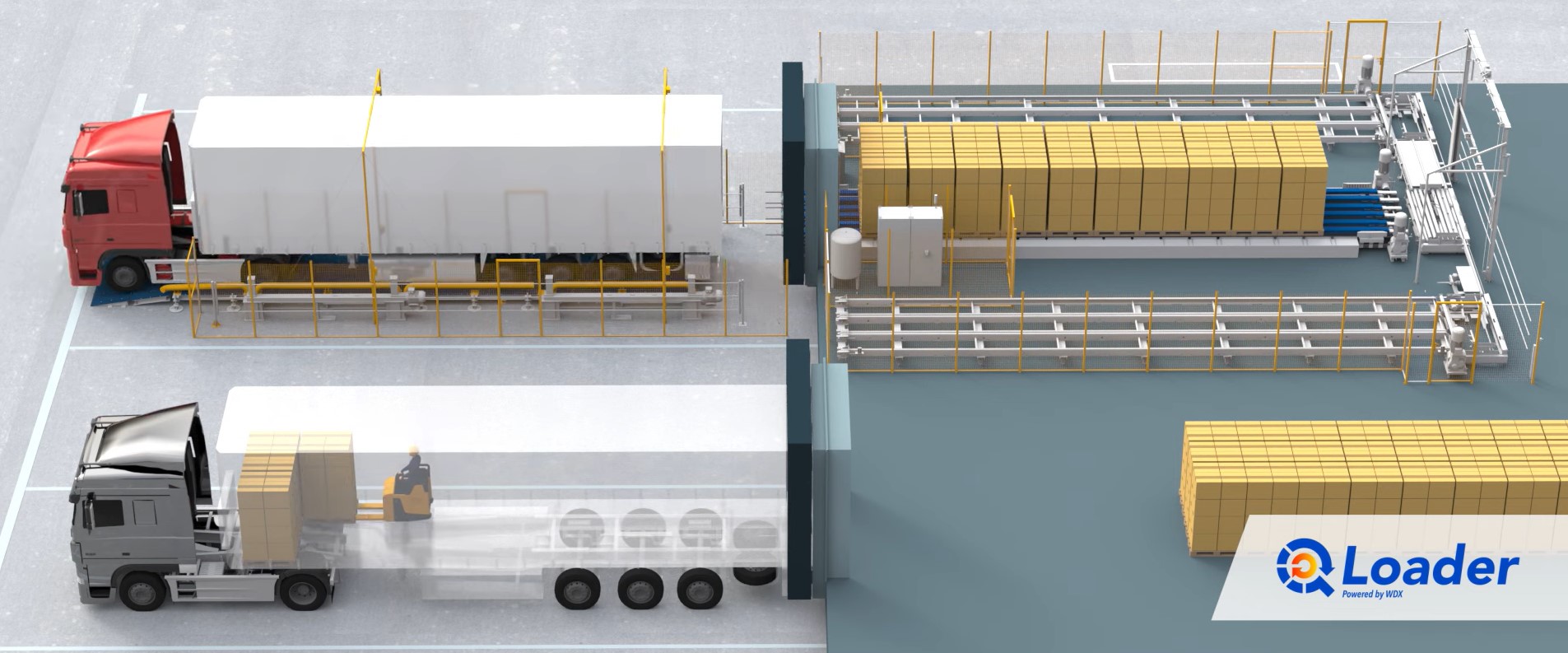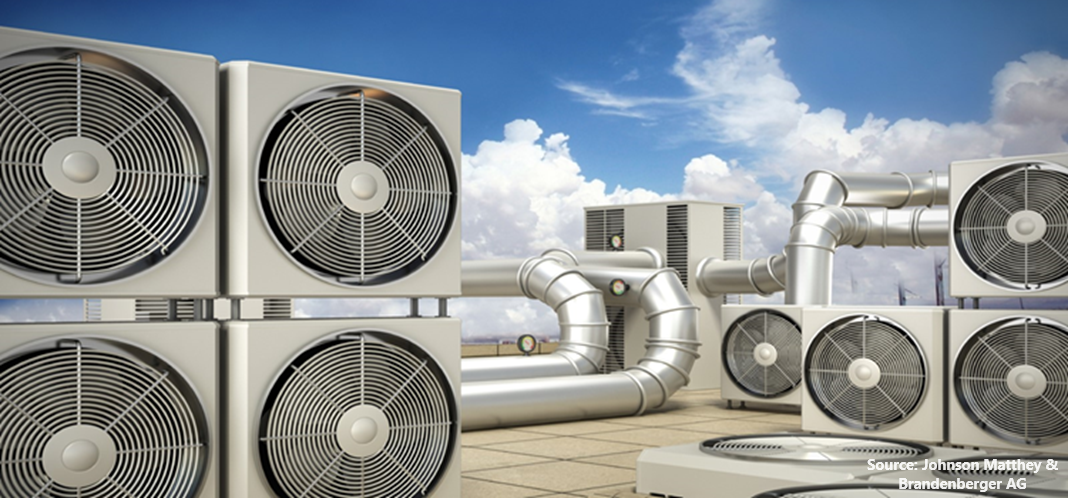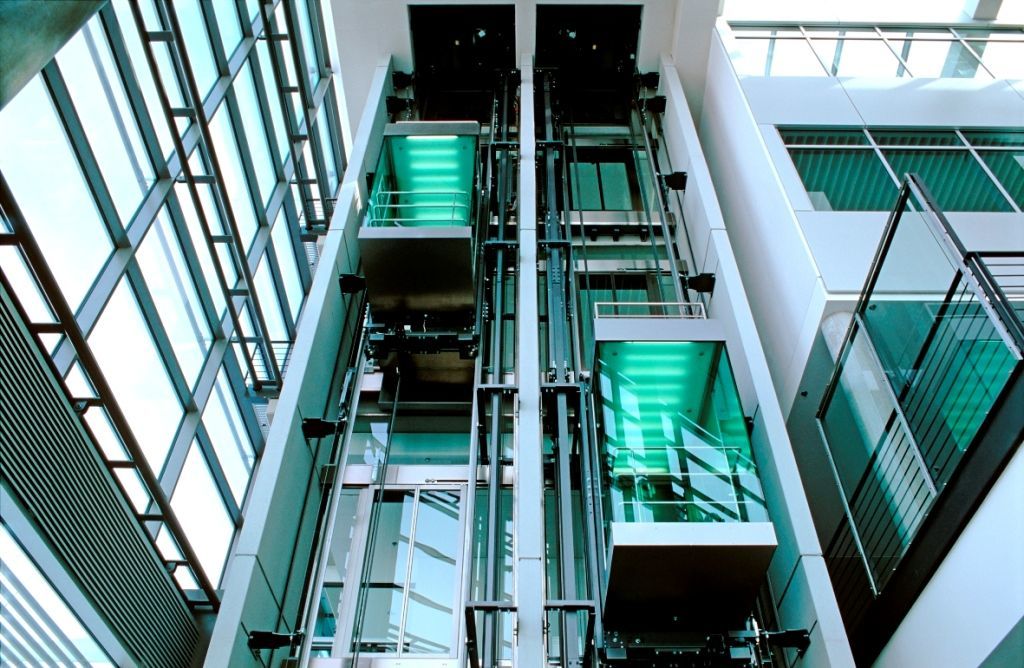
The UK Heat Exchangers Market by Type (Shell & Tube, Plate & Frame, Air Cooled, and Others), by Material (Metals, Alloys, and Brazing-CLAD), and by End User (Chemical, Energy & Power, Heating, Ventilation, Air Conditioning, and Refrigeration (HVACR), Food & Beverage, Pulp & Paper, and Others)– Opportunity Analysis and Industry Forecast, 2024–2030
Industry: Construction & Manufacturing | Publish Date: 21-Mar-2024 | No of Pages: 118 | No. of Tables: 86 | No. of Figures: 51 | Format: PDF | Report Code : N/A
Market Overview
The UK Heat Exchangers Market size was valued at USD 613.6 million in 2023, and is predicted to reach USD 841.1 million by 2030, with a CAGR of 4.0% from 2024 to 2030.
Heat exchangers are devices designed to transfer heat between fluids without direct contact, extensively used across various sectors including industrial, commercial, and residential settings such as HVAC systems and refrigeration units, to efficiently heat or cool fluids or air. They operate by allowing heat to flow through a barrier, such as a solid wall or a series of plates or tubes, and perform tasks such as heating water in boilers or cooling air in air conditioning systems.
These devices come in diverse designs tailored to specific needs, ranging from simple radiator coils to intricate systems found in chemical processing plants and power generation facilities, fulfilling vital roles across multiple industries. They regulate air temperature in buildings, aid in steam production in power plants, control temperatures during chemical reactions, and assist in food processing, among other functions. Additionally, they are integral components in automotive cooling systems and find widespread use in aerospace, marine, and wastewater treatment industries, contributing significantly to efficient thermal management and energy transfer.
Growing Demand for Renewable Energy Drive the UK’s Market Growth
The growing demand for renewable energy is a significant driver of the UK's heat exchangers market growth. As the UK continues to shift towards sustainable energy sources, there is an increasing need for efficient heat exchange solutions to support renewable energy systems such as solar thermal, geothermal, and biomass.
Heat exchangers play a crucial role in these systems by transferring heat between fluids without direct contact, optimizing energy usage, and enhancing overall system efficiency. Additionally, government initiatives and policies aimed at promoting renewable energy adoption further stimulate market growth by creating a favorable regulatory environment and incentivizing investment in heat exchangers technologies.
Growing Industrialization and Urbanization in the UK Drive Market Growth
Growing industrialization and urbanization in the UK are significant drivers of market growth in the heat exchangers industry. As industrial sectors expand and urban populations increase, there is a rising demand for heat exchangers solutions to meet the heating, cooling, and ventilation needs of various applications. Industries such as manufacturing, construction, and energy production rely heavily on heat exchangers for efficient thermal management and energy transfer.
Additionally, the growing number of commercial and residential buildings in urban areas necessitates the use of HVAC systems, further fueling the demand for heat exchangers. Consequently, the combination of industrial growth and urban development in the UK creates a conducive environment for the expansion of the heat exchangers market.
High Installation and Maintenance Costs Restrains Market Growth
High installation and maintenance costs pose a significant restraint on market growth in the heat exchangers industry. The initial investment required for purchasing and installing heat exchangers, particularly in large-scale industrial applications, can be substantial.
Additionally, ongoing maintenance expenses, including cleaning, repairs, and replacements, contribute to the overall cost of ownership. These high costs may deter companies, especially those with limited financial resources, from adopting heat exchangers technology. As a result, the perceived financial burden associated with heat exchangers acts as a barrier to their widespread adoption, limiting market growth, particularly in sectors where cost considerations are paramount.
Integration with Renewable Energy Systems Creates a Market Opportunity
Integration with renewable energy systems presents a significant market opportunity in the heat exchangers industry. As the world transitions towards sustainable energy sources, there is a growing demand for heat exchangers that can efficiently integrate with renewable energy systems such as solar thermal, geothermal, and biomass systems.
These renewable energy sources often require effective heat transfer mechanisms to harness and distribute energy effectively. Heat exchangers play a crucial role in this process by facilitating the transfer of heat between different mediums, thereby optimizing energy usage and promoting sustainability.
By offering solutions that seamlessly integrate with renewable energy systems, manufacturers can capitalize on the growing demand for eco-friendly technologies and contribute to the advancement of sustainable practices across various industries.
Competitive Landscape
Several market players operating in UK’s heat exchangers market include Alfa Laval AB, Johnson Controls International plc, Carrier Global Corporation, Lennox International Inc., Trane Technologies plc, API Heat Transfer Inc., Kelvion Holding GmbH, Xylem Inc., Danfoss Group, and General Electric Company among others. These companies are adopting various strategies such as product launches to remain dominant in the heat exchangers market.
Key Market Segments
By Type
-
Shell & Tube
-
Fixed Tube Heat Exchangers
-
U-Tube Heat Exchangers
-
Floating Head Heat Exchangers
-
Other Shell & Tube Heat Exchangers
-
-
Plate & Frame Heat Exchangers
-
Gasketed Plate & Frame Heat Exchangers
-
Welded Plate & Frame Heat Exchangers
-
Brazed Plate & Frame Heat Exchangers
-
Other Plate & Frame Heat Exchangers
-
-
Air Cooled
-
Forced Draft Heat Exchangers
-
Induced Draft Heat Exchangers
-
-
Others
By Materials
-
Metals
-
Alloys
-
Brazing-CLAD
By End User
-
Chemical
-
Energy & Power
-
HVACR
-
Food & Beverage
-
Pulp & Paper
-
Others
REPORT SCOPE AND SEGMENTATION:
|
Parameters |
Details |
|
Market Size in 2023 |
USD 613.6 Million |
|
Revenue Forecast in 2030 |
USD 841.1 Million |
|
Growth Rate |
CAGR of 4.0% from 2024 to 2030 |
|
Analysis Period |
2023–2030 |
|
Base Year Considered |
2023 |
|
Forecast Period |
2024–2030 |
|
Market Size Estimation |
Million (USD) |
|
Growth Factors |
|
|
Companies Profiled |
10 |
|
Market Share |
Available for 10 companies |
|
Customization Scope |
Free customization (equivalent up to 80 working hours of analysts) after purchase. Addition or alteration to country, regional, and segment scope. |
|
Pricing and Purchase Options |
Avail customized purchase options to meet your exact research needs. |
KEY PLAYERS
-
Alfa Laval AB
-
Johnson Controls International plc
-
Carrier Global Corporation
-
Lennox International Inc.
-
Trane Technologies plc
-
API Heat Transfer Inc.
-
Kelvion Holding GmbH
-
Xylem Inc.
-
Danfoss Group
-
General Electric Company




 Speak to Our Analyst
Speak to Our Analyst


































